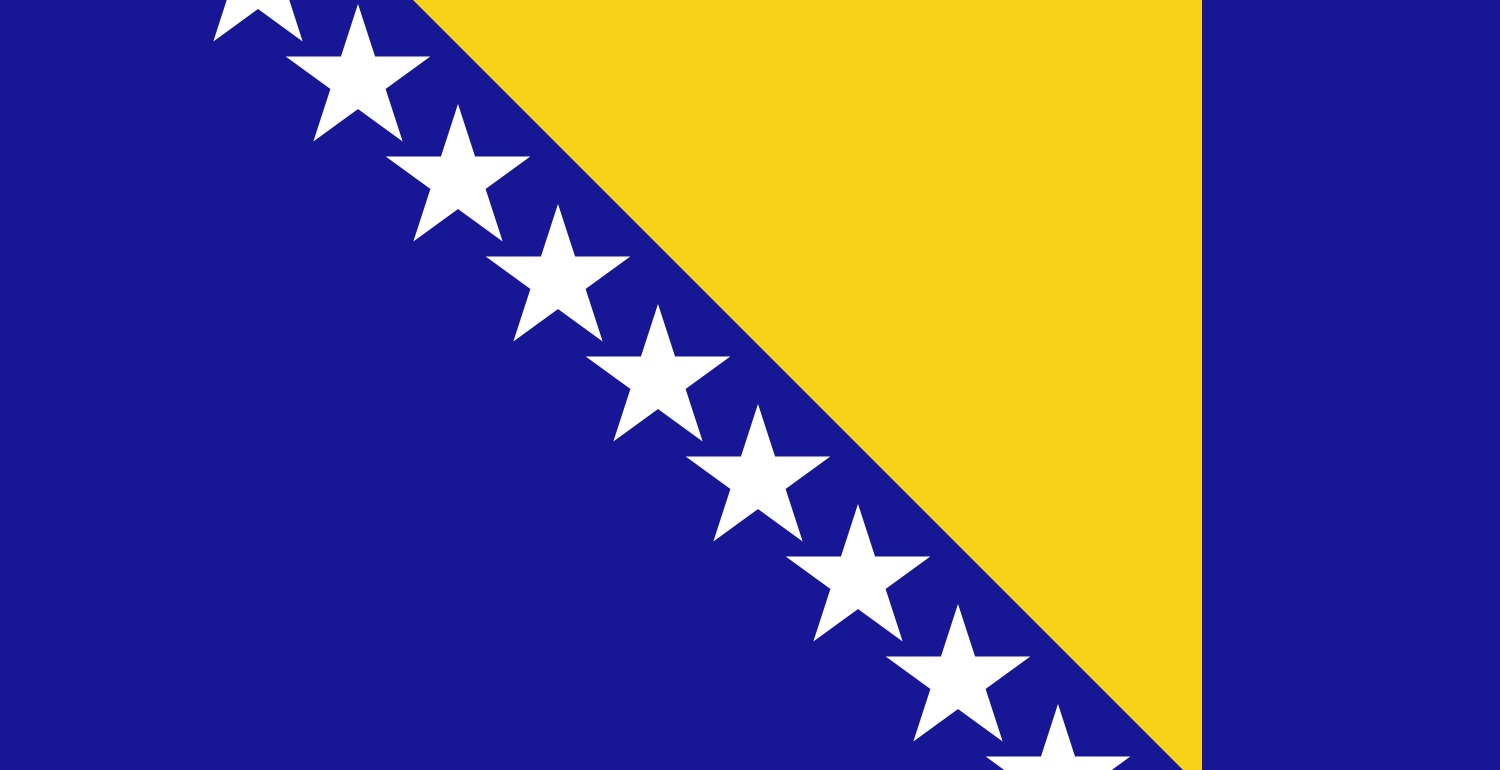After two years of genocide and starvation and despite the best efforts of appeasement from Western Europe and the United States, the war in Bosnia-Herzegovina won’t go away. It won’t go away because, despite overwhelming odds, the victims have refused to surrender to the forces of genocide and territorial aggression.
A robust discussion on the Bosnia-Herzegovina policies the United States should implement will ensue.





